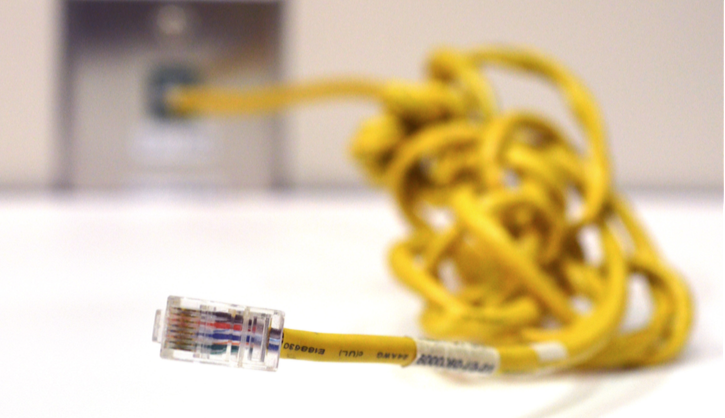Stephen Hawking, a world renowned physicist, met almost immediate opposition after he made a statement saying that technology is a contributor to inequality. The comment came from an AMA (ask me anything) post from Hawking on Reddit.
“Everyone can enjoy a life of luxurious leisure if the machine-produced wealth is shared,” Hawking said. “Or most people can end up miserably poor if the machine owners successfully lobby against wealth redistribution. So far, the trend seems to be toward the second option, with technology driving every-increasing inequality.”
The technological community was rubbed the wrong way by the post. They accused Hawking of beating a dead horse with outdated rhetoric. Marc Andreessen, Silicon Valley tycoon, tweeted that Hawking is ignorant in finances.
“Shorter Stephen Hawking: ‘For hundreds of years, people who claimed that machines reduce jobs have looked silly. But I’ll be different!’” Andreessen wrote.
He then suggested that someone should buy Hawking an Economics 101 textbook.
Professionals are siding with Hawking on this debate. Erik Brynjolfsson, a professor at MIT’s Sloan School of Management, told Technology Review that technology is not just a contributor to inequality, but the main problem.
“My reading of the data is that technology is the main driver of the recent increases in equality,” Brynjolfsson said. “It is the biggest factor.”
Hawking has spoken out on issues with technology before. In a 2014 BBC interview, he lamented the dangers of super-smart artificial intelligence.
“I believe the development of full artificial intelligence could spell the end of the human race,” Hawking said.
The problem with rising AI today is the displacement of people working blue-collar jobs into fields or practices that pay much lower wages, leaving the monetary benefits of the products machines produce solely in the hands of the machine owners.
Toby Walsh, a professor in artificial intelligence at the National Information and Communications Technology Australia, told Tech Insider that there will be no room for human labor in the future when machines are developed into independent thinkers.
“It’s hard to think of a job that a computer ultimately won’t be able to do as well, if not better, than we can do,” Walsh said. “There are various forces in play, and one of those forces is technology. Technology is actually a force that is tending to concentrate and widen the inequality gaps. This is a challenge not for scientists but one for society to address, of how we are going to work through these changes.”
Hawking, though met with opposition, has stood by his views on technology for a while now and is gaining support in the professional tech community. Technology entrepreneurs are obviously threatened with the prospect of redistribution, a hot button topic for a few demographics aside from the “one percent.” How society copes with technological advances in the future and the issue of inequality has yet to be seen.































